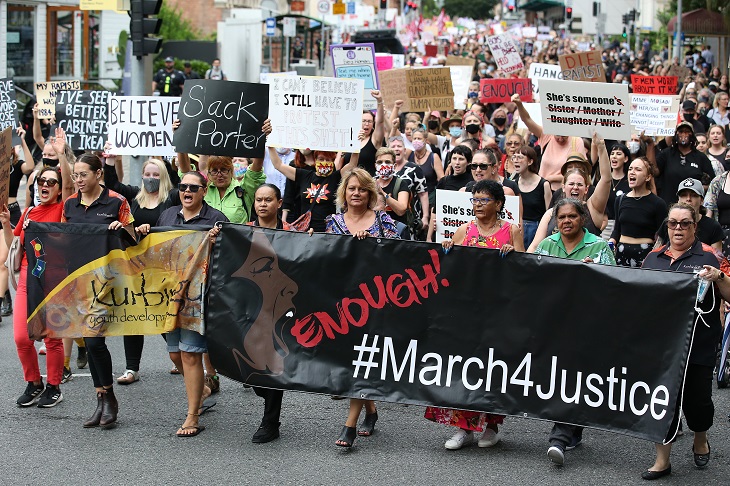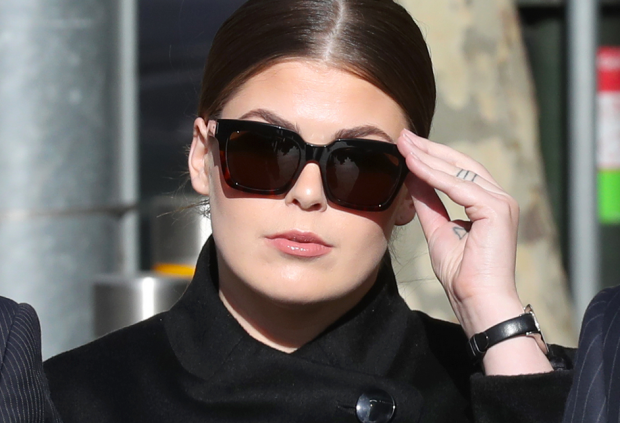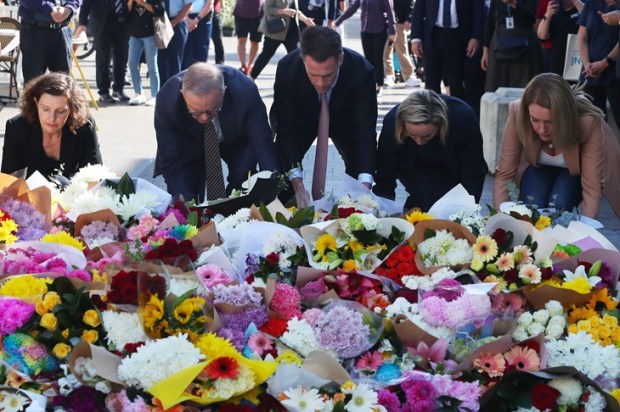Everything in this current era appears to be about feelings. There is feelings-based feminism and feelings-based hashtags. If the fembots [feminist accounts on Twitter] had their way – we would have a feelings-based judicial system. In this Woke new world, we feel the need to overcompensate and protect various groups – in fear of traumatising them.
Victims of rape and sexual assault are mollycoddled by the press. We are perpetually infantilised by commentators, journalists, and the public alike. People who haven’t experienced rape (or sexual abuse of any kind) find the idea of survivors having great sex lives and moving forward triumphantly – worrying. It doesn’t quite fit with their perception of us and how they understand victims of sexual violence.
In most cases, people prefer to stereotype survivors – viewing them as downtrodden victims but often this doesn’t align with the actual reality.
In 2009, I was living in New York for a short period of time and studying acting. A student in one of my classes brought up a short story I had shared on social media about my rape – they spoke about it with me in front of the entire class. Within minutes, I was offered a chair, a coffee, a glass of water and told that I could perform my monologue first. I don’t hold anything against the students or teachers who rallied around me that spring morning. In their eyes, they were being sensitive and compassionate. But the fact was; I didn’t need a chair because my legs work fine. I didn’t need a coffee or water, especially when the other students weren’t being offered one. And I certainly didn’t deserve favouritism regarding my monologue.
My experience that morning reminds me of a Ted Talk by the late (and incredibly witty) Australian disability-rights activist – Stella Young. Young talks about being a 15-year-old and the council wanting to honour her with a community achievement award. Young said she wasn’t doing anything at that age that could even be considered an achievement – if you removed her disability from the equation.
But these virtue-signalling social justice warriors who derive enjoyment from attaching themselves to other people’s trauma and exploiting their pain (as if it was their own) have desires to change the legal system too. I don’t have enough fingers and toes to count the number of think pieces and social media statuses I’ve read – criticising cross-examination techniques in rape trials.
Criminal Defence Lawyer and Victoria University Law lecturer, Roman Fida, told the ABC back in 2021:
‘It is a criminal justice system within a liberal democracy and with that comes a lot of protections, particularly for the accused. As I always say, I would prefer to see a guilty person walk free than an innocent person be found guilty.’
Victorian Barrister, Fiona Martin (who is a former prosecutor in sex offence trials) told the ABC that she believes Australian courts get the balance right. She is quoted as saying:
‘It is very much a balancing act between making sure victims are not unnecessarily traumatised through the process, but balancing the right of an accused person to put forward his or her case.’
On October 11, a column appeared on Crikey titled Time to consider alternatives to trials for rape and sexual assault. In a nutshell, Madonna King suggests hauling ‘evidence-gathering and court processes into the 21st century’ in a way that doesn’t create further harm to the alleged victim. I must say, I do like King’s idea of the complainant and the defendant not being named until three months after the court case has ended. This would definitely protect the alleged perpetrator’s name and reputation if they were found to be not guilty. But King’s views on cross-examination during rape trials are fanciful at best.
She writes:
‘A woman who alleges rape, harassment, sexual assault or domestic violence is put into a witness box and asked the most personal questions possible. Questions about previous relationships, undergarments, the number of drinks they might have consumed and their state of undress when alleged crimes took place. This is happening in courts across our nation, daily. And surely that is as archaic as it is shameless. There needs to be a better way.’
King doesn’t bother to elaborate on her point or advise her readers on what a ‘better way’ would look like. Probably because a better way doesn’t exist without lowering the bar of guilt. In an idealised fantasyland, King’s suggestion sounds compassionate and progressive but for the accused – not so much. The Australian Law Reform Commission defines cross examination as: ‘a feature of the adversarial process and is designed, among other things, to allow the defence to confront and undermine the prosecution’s case by exposing deficiencies in a witness’ testimony, including the complainant’s testimony.’
Archaic? Shameless? Oh come on, I think not! How else do you suggest the legal system goes about gathering evidence? Should it come down to a Tarot reading? A hands-in-the-air vote? Or perhaps a premonition from a prominent feminist will suffice? The sad fact is individuals worldwide make false accusations. Some make them due to mental health issues, others do it as a form of revenge and there are even those who do it for media attention. In Australia making a false accusation is an offence and carries a maximum penalty of 7 years imprisonment.
As a rape survivor, retelling your experience to doctors, nurses, counsellors, courts, psychiatrists, social workers, government departments, rape group facilitators, police, employers, job network providers, new lovers and so on – becomes part and parcel of your experience.
Mark Twain once said: ‘If you tell the truth. You never have to remember anything.’ Trials for rape and sexual assault should continue on in the same way – so innocent people don’t end up in the slammer.
Facts mean everything.
Feelings and emotions mean nothing.
Vanessa de Largie is a freelance writer based in Melbourne. You can learn more about her work on her website: vanessadelargie.net
Got something to add? Join the discussion and comment below.
Get 10 issues for just $10
Subscribe to The Spectator Australia today for the next 10 magazine issues, plus full online access, for just $10.


























Comments
Don't miss out
Join the conversation with other Spectator Australia readers. Subscribe to leave a comment.
SUBSCRIBEAlready a subscriber? Log in